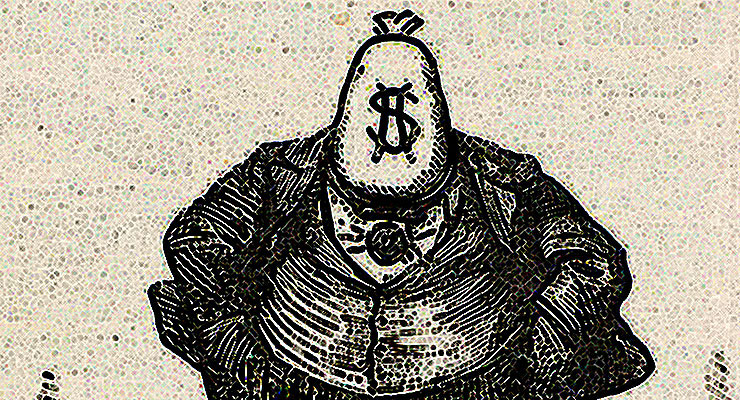 This article by Alexander C. Furnas, Timothy M. L. Pira, Alexandra Hertel-Ferdinandez, Lee Drutman, Kevin Kosar, is published by Sage Journals. Here is an excerpt:
This article by Alexander C. Furnas, Timothy M. L. Pira, Alexandra Hertel-Ferdinandez, Lee Drutman, Kevin Kosar, is published by Sage Journals. Here is an excerpt:
It is well established that wealthy donors and large corporations gain more access to Congress than average citizens (Bauer, Sola Pool, and Dexter 1963; Hansen 1991; Langbein 1986; McKay 2018, 2020). It is less clear how, or even if, such privileged access yields legislative action.
Since at least Schattschneider (1960), political scientists have been concerned about elite influence in representative institutions. Recently, scholars have focused more attention on whether out-sized economic resources afford political actors privileged access and influence in the policymaking process (Bartels 2008; Bowman 2020; Gilens 2012; Grossmann and Isaac n.d.; Hacker and Pierson 2010; Jacobs and Skocpol 2005; Lax et al. 2019; McKay 2018; Schlozman et al. 2012). While some have questioned the relationship between economic resources and political clout (Ansolabehere et al. 2003; Baumgartner et al. 2009; Branham et al. 2017; Enns et al. 2014; McCarty and Rothenberg 1996; Prasad 2018; Witko et al., 2021), other research has documented that greater economic resources afford wealthy campaign donors and private sector businesses more opportunities to shape public policy (Drutman 2015; Hall and Wayman 1990; Hertel-Fernandez et al. 2018; Miler 2010; Miler 2018; McKay 2012; Kalla and Broockman 2016; Page and Gilens 2017).
This scholarship has extended to work documenting how political elites—including state legislators and senior staff in Congress—misjudge their constituents’ opinions in ways that systematically favor concentrated economic interests (Broockman and Skovron 2018Broockman, David E., Skovron, Christopher. 2018. “Bias in Perceptions of Public Opinion among Political Elites.” American Political Science Review 112 (3): 542‐563.
View Full Reference List; Hertel-Fernandez et al. 2019). These studies suggest that the wealthy and well-organized interests enjoy greater access because politicians incorrectly believe their self-interests are congruent with constituents’ interests.
Find more information on this article here. Also, visit the main Democracy Chronicles section on American Democracy or our articles on Money Politics and Worldwide Corruption.
Leave a Reply